From communication to social media and the new shared economy
The Internet revolution – from communication to social media and the new shared economy – has done more than just break down market barriers. It has built a deeply connected society where everyone and everything is discoverable.
Through social media platforms like Facebook, Twitter, LinkedIn, we’ve created a global community that has rediscovered its love of sharing – from pictures, protest, experience and stories to files and projects. The Internet we have built reflects our human need to be social and connect with one other.
A powerful force that is changing consumer consumption
The recent recession and a growing environmental awareness have joined forces with our connected society, creating an economic model that is both very old and new. Whether you call it “collaborative consumption“, “the sharing economy” or “the mesh” or ‘web powered sharing’, it’s a powerful force that is changing consumer consumption.
The challenge to traditional consumer consumption patterns – which is driven by creating demand for items for consumers to purchase and own – lies in questioning the need to always own something. Consumers don’t buy a DVD or book to own a disk or the paper, they purchase it to watch the movie or the read the story. The product itself is not important, only the experience that they contain.
The sharing economy is nothing new when you consider that you drive on roads and borrow books from libraries that you pay for with your taxes, but you don’t own them. You don’t own the washing machine you use at the self-service laundry but instead pay a small fee to access it.
Perhaps the best example of this transformation is the success of companies like Netflix and Spotify, who clearly show that ownership is not as important as access.
Sharing can also create real income. No one uses their car every hour of every day, and many people have empty rooms in their homes. By offering that spare room through a service like Airbnb or your car through Getaround when you aren’t using it means income from those who are willing to pay for it.
Consumers seeking new ways to create profit and increase value
The growth of collaborative consumption comes from consumers seeking new ways to create profit and increase value in a globally connected society that loves to share. It’s built on the understanding that just because we want the experience or the use a product offers, doesn’t mean we have to buy it.
The big question: How will the rise of the sharing economy impact traditional business models? How will the changing consumer consumption impact business?
Short URL & title:
The sharing economy is changing consumer consumption — http://www.torbenrick.eu/t/r/idy
Share it:
If you enjoyed this article, please take 5 seconds to share it on your social network. Thanks!
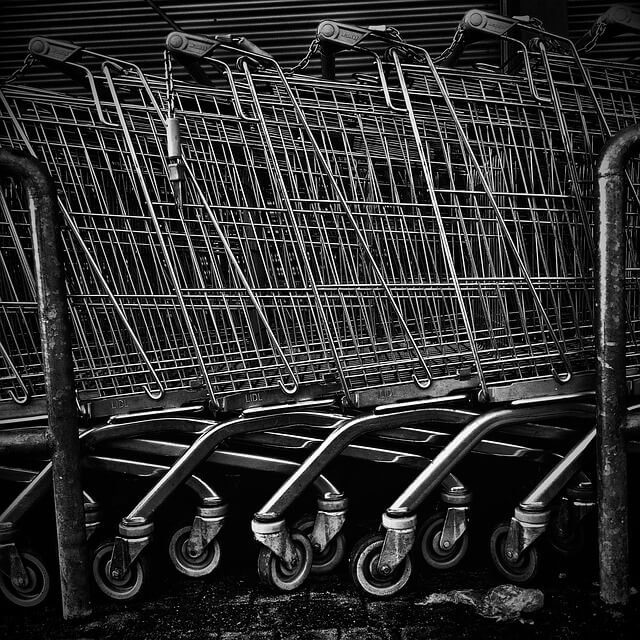
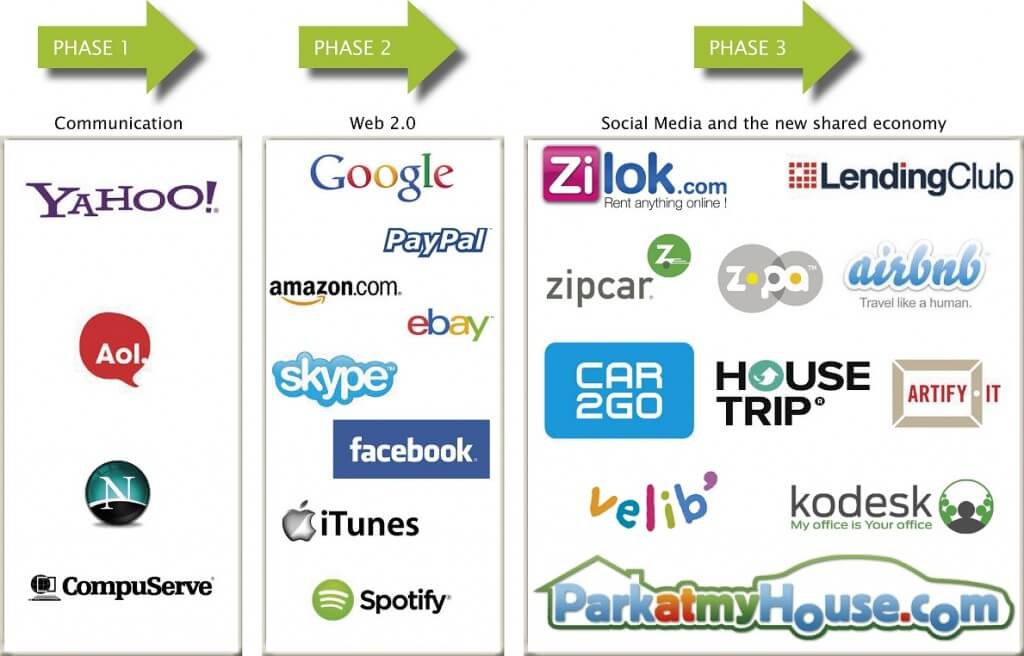
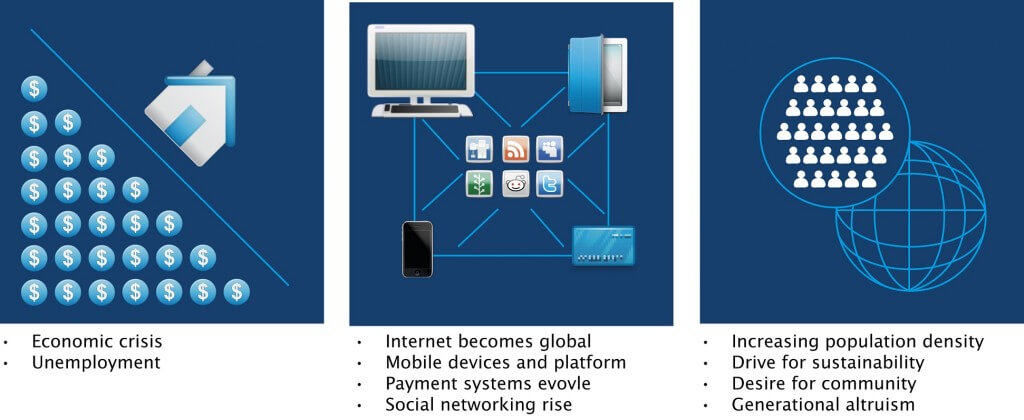
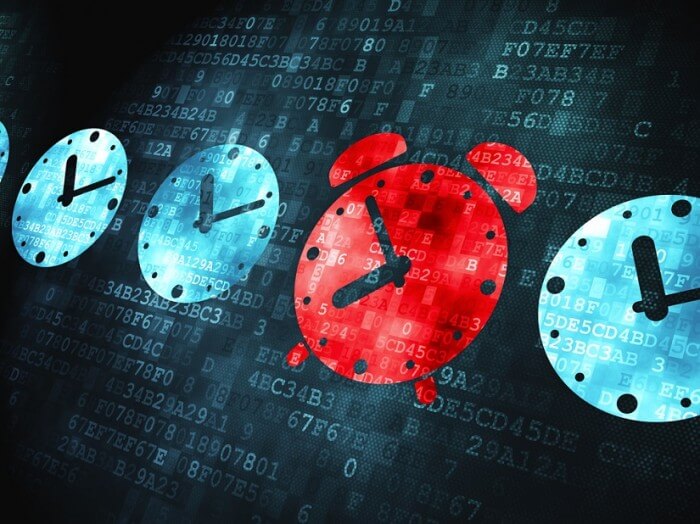
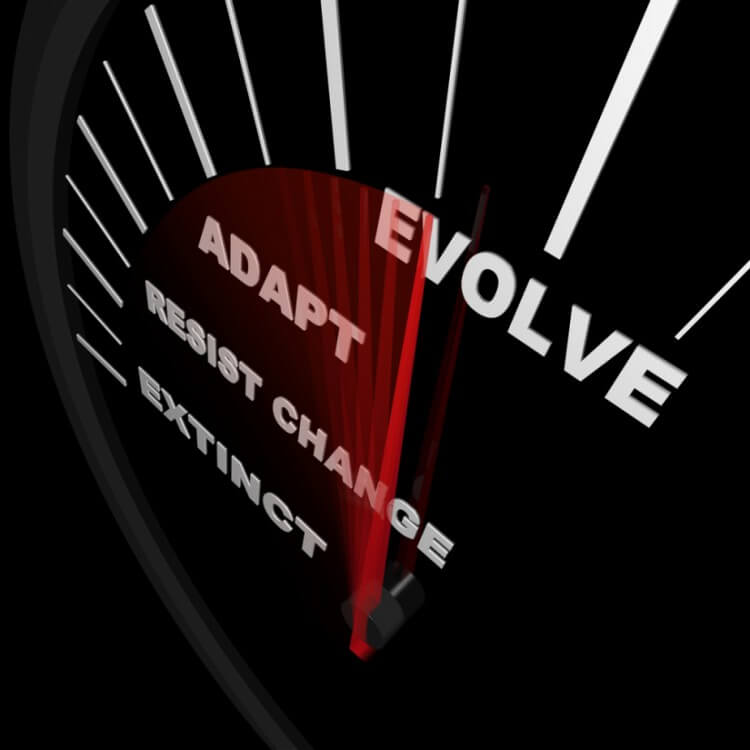


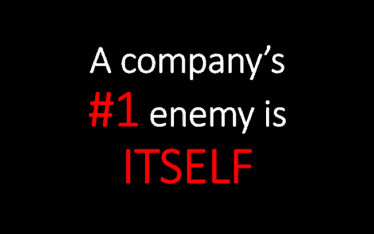
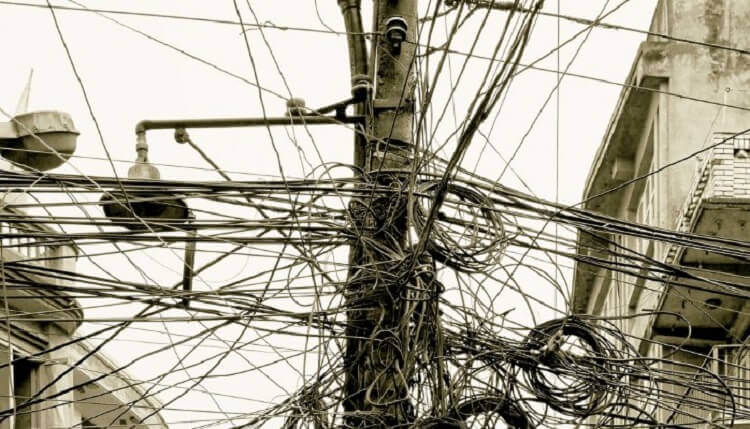

About The Author
Torben Rick
Experienced senior executive, both at a strategic and operational level, with strong track record in developing, driving and managing business improvement, development and change management. International experience from management positions in Denmark, Germany, Switzerland and United Kingdom